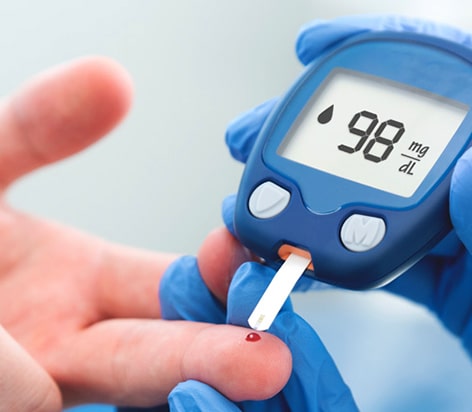
Medical nutritional therapy is an important component of diabetes management. The dietician offers nutritional advice to such patients based on their age, personal choices, lifestyle, and medical factors. Further, the dietitians also consider eating patterns, culture, beliefs, and food availability while developing customized nutritional strategies. Adequate nutrition is crucial in lowering blood sugar levels and weight management. In addition, adherence to a diabetes-friendly diet significantly lowers the likelihood of diabetic complications.